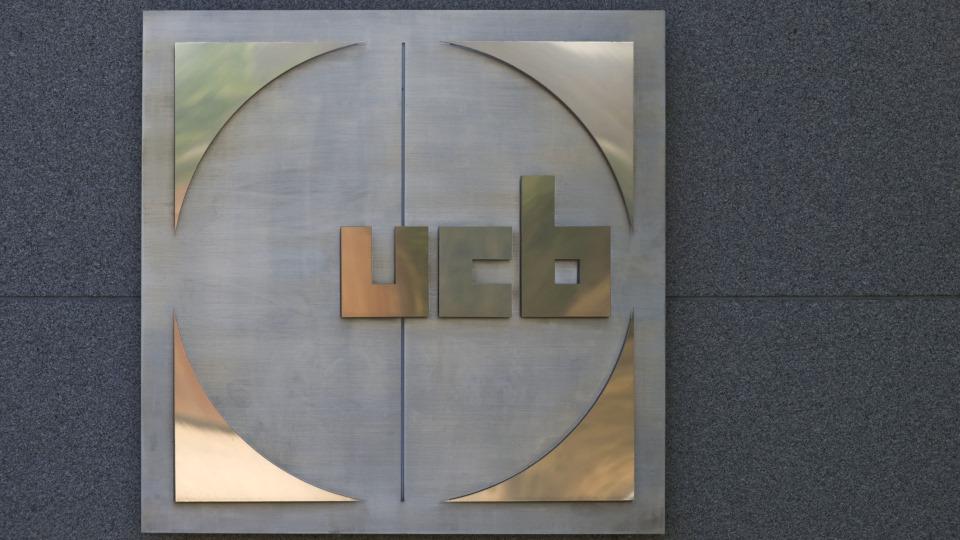UCB bags FDA approval for second myasthenia gravis drug

Belgian biopharma UCB has been given the green light by the FDA for Zilbrysq as a treatment for generalised myasthenia gravis (gMG), one of two drugs that the company hopes will shake up the market for the rare autoimmune and neuromuscular disease.
Zilbrysq (zilucoplan), billed as the first once-daily subcutaneously-administered complement C5 inhibitor, will launch onto the US market in competition with AstraZeneca’s Soliris (eculizumab) and follow-up Ultomiris (ravulizumab) – both given as intravenous infusions – which were approved for gMG in 2017 and 2022, respectively.
UCB’s drug can be self-administered by patients, and the company reckons that could prove to be an important differentiator, reducing the need for patients to travel to and from clinics and reducing interference with their daily lives.
Like Soliris and Ultomiris, Zilbrysq is approved for use in adults with gMG who are anti-acetylcholine receptor (AChR) antibody-positive. UCB also notes that unlike monoclonal antibody C5 inhibitors Zilbrysq is a smaller peptide molecule and can be used concomitantly with intravenous immunoglobulin and plasma exchange, without the need for supplemental dosing.
The new drug joins UCB’s recently FDA-approved FcRn-targeting antibody Rystiggo (rozanolixizumab), which got the nod from the US regulator in June for gMG patients who are either AChR or anti-muscle-specific tyrosine kinase (MuSK) antibody positive.
Rystiggo is the first therapy for both subtypes of the rare disease, caused by pathological auto-antibodies that attack neuromuscular junctions and, like Zilbrysq, can be administered subcutaneously.
Also in the increasingly crowded category is Argenx, which secured FDA approval for Vyvgart Hytrulo (efgartigimod alfa), a subcutaneous FcRn blocker, in June. That drug has been available in an intravenous formulation for gMG since 2021.
This increasing range of therapies is great news for patients, according to Samantha Masterson, president and chief executive of the Myasthenia Gravis Foundation of America.
“This is an important development for the community because with more FDA-approved [therapies…] physicians have additional tools to treat this disease in individualised ways that are the right fit for each individual patient,” she said.
GlobalData isn’t wholly convinced however that the route of administration will be a game changer.
While self-administration can be more convenient for patients than regular infusion centre visits, Zilbrysq requires daily administration, whereas Soliris requires administration every two weeks and Ultomiris every eight weeks. That could make Ultomiris the eventual winner in the category, said the market research organisation.
Rystiggo, meanwhile, is administered using a subcutaneous infusion once-weekly.
Analysts at Evaluate previously predicted that Zilbrysq and Rystiggo will struggle to make headway in an increasingly competitive gMG market, estimating 2026 sales of $376 million and $349 million, respectively.
Zilucoplan has also been recommended for approval in the EU, with a final decision due before year-end, and cleared for marketing in Japan.













